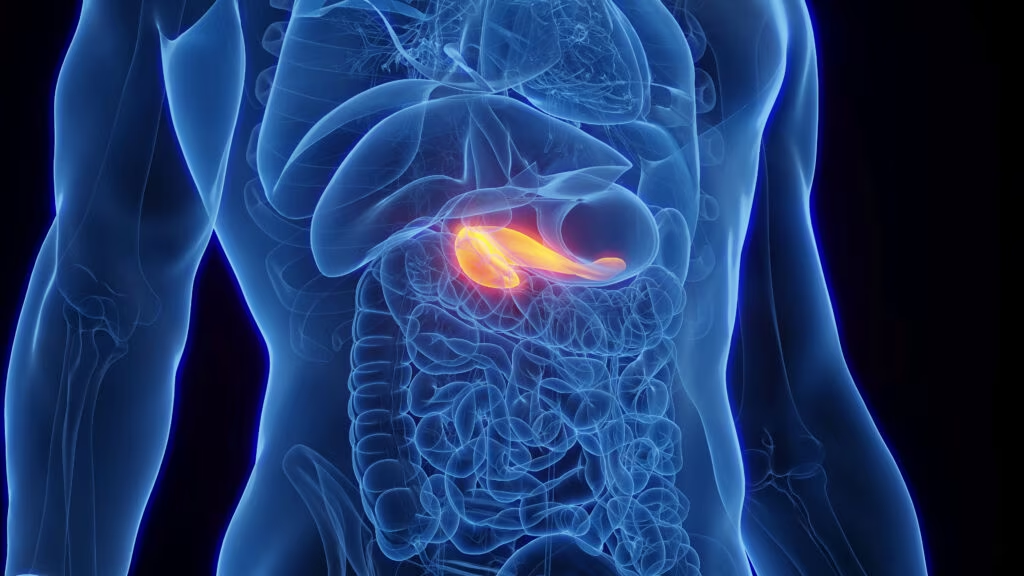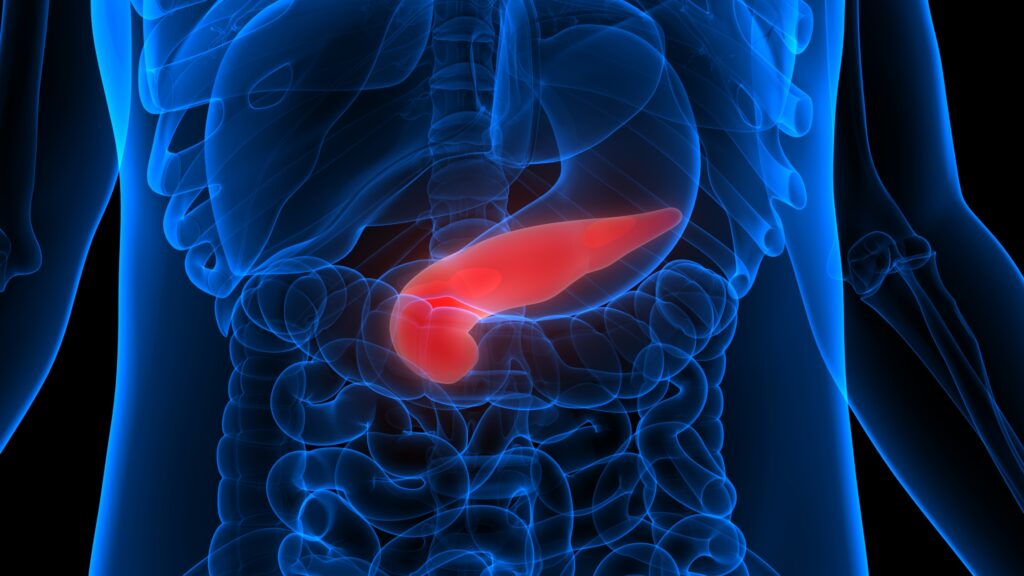Search Results
Showing Results for Automated insulin delivery

Watch multidisciplinary speakers discuss optimising AID outcomes and individualising AID education to support children with type 1 diabetes.

The 17th ATTD Conference (Amsterdam, 19–22 March 2025) showcased major innovations in diabetes care. The 15-day Dexcom G7 CGM proved accurate and user-friendly. The RADIANT trial showed Omnipod® 5 significantly improved glucose control over injections in type 1 diabetes. In type 2 diabetes, the 2IQP Study highlighted benefits of AID systems. Teplizumab also showed potential to enhance glycaemic stability in newly diagnosed type 1 diabetes, reinforcing the role of technology and immunotherapy in advancing diabetes management.

Diabetes is a chronic disease associated with both acute and chronic complications. Many advances have been introduced throughout history to address these problems. While each clinical breakthrough was welcomed with relief and the expectation that a solution had been discovered, ...

It is with great pleasure that we present this latest issue of touchREVIEWS in Endocrinology, which brings together a diverse array of high-quality articles focused on the evolving landscape of endocrine disorders. The importance of patient-centred care is exemplified in ...

The prevalence of diabetes during pregnancy is rapidly increasing. In the USA alone, an estimated 1–2% of pregnant women have type 1 diabetes (T1D) or type 2 diabetes (T2D), and an additional 6–9% develop gestational diabetes.1 From 2000 to 2010, the prevalence of gestational ...

The latest clinical evidence surrounding the MiniMed 780G system focuses on expanding its access to younger children with type 1 diabetes. The hope is that by extending its use to children aged 2-6 years, its automated insulin delivery could significantly reduce the burden of diabetes management for families.

‘Closed-loop’ systems mark a significant advancement in managing type 1 diabetes. These systems which continuously monitor glucose levels and automatically deliver insulin through a pump, help many individuals with type 1 diabetes maintain optimal glucose levels with greater ease. In this episode, we explore the progress, challenges and impact of these innovative technologies with Endocrinology Clinical Pharmacy Specialist, Dr Diana Isaacs, and highlight their future potential.

Recent advances in technology have changed the landscape for managing diabetes treatment. Thanks to innovations such as connected insulin pens, sensor-augmented pump systems, automated insulin delivery, integrated mobile applications and continuous glucose monitoring (CGM) systems, people with diabetes now have ...

It’s an exciting time in diabetes with several technologies available on the horizon. Advances in technology offer new choices for insulin pumps, connected “smart” pens, continuous glucose monitors (CGM) and automated insulin delivery systems. In this touchENDOCRINOLOGY interview, Dr ...

Open-source automated insulin delivery (AID) systems in patients with type 1 diabetes was studied in the CREATE trial and is discussed by Dr Martin de Bock (University of Otago, Christchurch, New Zealand). Open-source AID systems were developed by people with diabetes ...

Welcome to the latest edition of touchREVIEWS in Endocrinology. The articles in this issue present authoritative, up-to-date information on a wide range of topics, reflecting the scope of the broadening discipline of endocrinology. We begin with four articles on the ...

Automated insulin delivery (AID) systems play an important role in the management of type 1 diabetes mellitus (T1DM) by helping users achieve the recommended glucose targets while reducing the episodes of hypoglycemia.1 First-generation AID systems, including MiniMed™ 630G (Medtronic, Dublin, ...

Despite significant advances in technologies for the management of patients with type 1 diabetes (T1D), outcomes remain suboptimal across all age groups.1 Achieving glycemic control in patients with T1D requires precise and accurate methods of delivering insulin and monitoring ...

As technology has advanced over the last decade, so have the treatment options for patients with type 1 diabetes (T1D). The goal of these technological advances is improved regulation of glucose levels to more closely resemble glucose metabolism in patients ...

Autoimmune destruction of pancreatic beta-cells results in absolute insulin deficiency, type 1 diabetes mellitus (T1DM). Insulin therapy is required for people with T1DM to achieve an optimal glycated haemoglobin (HbA1c or A1c) along with controlled dayto- day ...

Autoimmune destruction of pancreatic beta-cells results in absolute insulin deficiency, type 1 diabetes mellitus (T1DM). Insulin therapy is required for people with T1DM to achieve an optimal glycated haemoglobin (HbA1c or A1c) along with controlled dayto- day ...

Creation of a working closed loop/artificial pancreas (CL/AP) system is one of the holy grails of type 1 diabetes mellitus (T1DM). In essence, this would be a mechanical cure for a potentially devastating chronic disease. While the CL/...

Recent developments in diabetes technology—CSII, AP and CGM We are currently in an extremely exciting time for diabetes technology which holds near-term promise to substantially improve the lives of children with type 1 diabetes (T1D). Recent data published by ...
Latest articles videos and clinical updates - straight to your inbox
Log into your Touch Account
Earn and track your CME credits on the go, save articles for later, and follow the latest congress coverage.
Register now for FREE Access
Register for free to hear about the latest expert-led education, peer-reviewed articles, conference highlights, and innovative CME activities.
Sign up with an Email
Or use a Social Account.
This Functionality is for
Members Only
Explore the latest in medical education and stay current in your field. Create a free account to track your learning.

